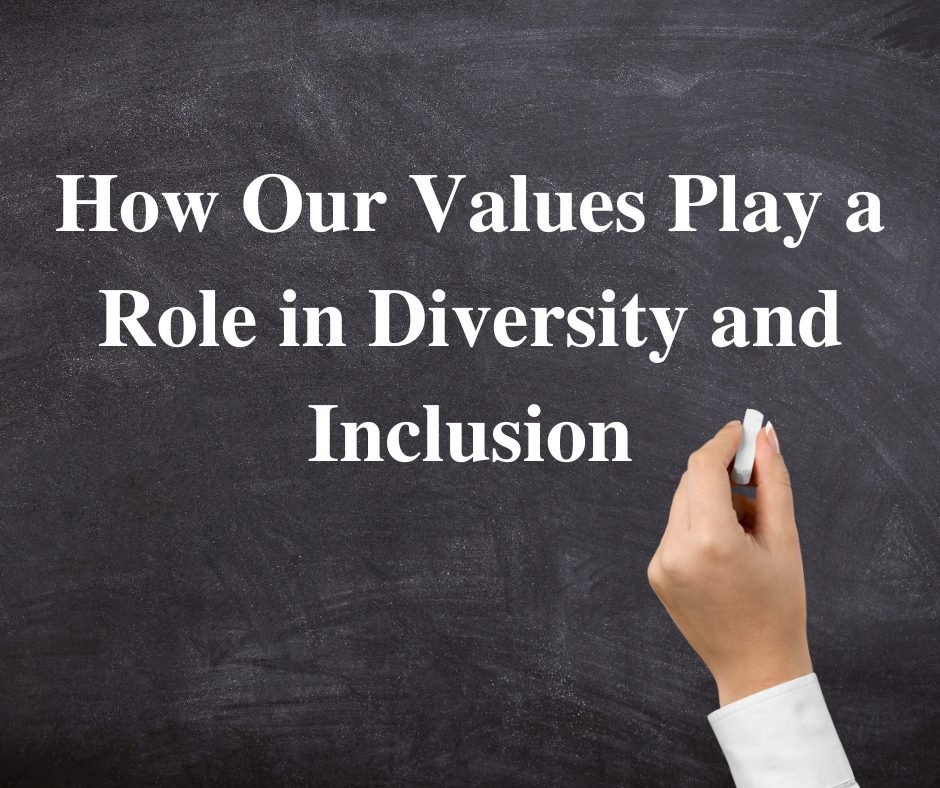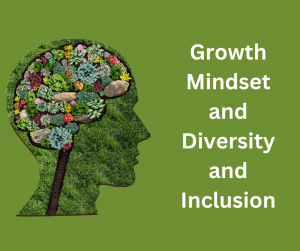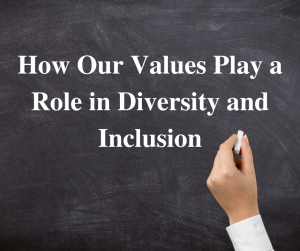How Our Values Play a Role in Diversity and Inclusion
By: Toni Bator, MSL, ICF AC
What are Values and why are they important?
Personal values are the beliefs we hold about what’s important in life—how we live, what we stand for, what we choose to do or not do, and why. These values also influence how we relate to others—how we treat them and work together to achieve goals as a team or company. We all bring our personal values to work with us every day, and how we handle those values impacts how inclusive we are as colleagues, leaders, and an organization.
Many people believe that they do not influence diversity and inclusion efforts at their workplace, and that any changes to these initiatives are up to the company. This belief holds true if you don’t consider your personal values regarding diversity and inclusion at work, such as how you interact with minorities or your approach to hiring people different from you. Without considering your personal values, you may perpetuate the status quo in your workplace and be unable to make the necessary changes to foster diversity and inclusion in your organization.
Why Are Personal Values Important in the Workplace?
Our personal values influence our workplace behaviors. Your workplace values are the guiding principles most important to you in how you work. You use these deeply held principles to choose between right and wrong ways of working, and they guide important decisions and career choices. When we value diversity and inclusion, we respect other cultures and lifestyles and take an interest in learning about them.
When our personal values conflict with coworker’s values, we need to learn how to deal with coworker conflict in these situations, including being respectful of these differences, knowledgeable of workplace policies and procedures, and mindful of how to de-escalate tensions so that grounded and effective conversations can be had.
How Can I Become Aware of My Personal Values?
We don’t generally notice the values that guide our day-to-day actions until we or someone else experiences discomfort. If you are unsure about your core values or would like to clarify which of your values are top priorities, here are some suggestions. In working with coaching clients, one of my favorite exercises is having leaders determine their core values from an extensive list until they narrow them down to 3 core values. This is one way to become aware of your personal values. When it comes to building a diverse and inclusive culture, having the courage to embrace what may not be familiar to you and the courage to embrace differences is an important personal value.








